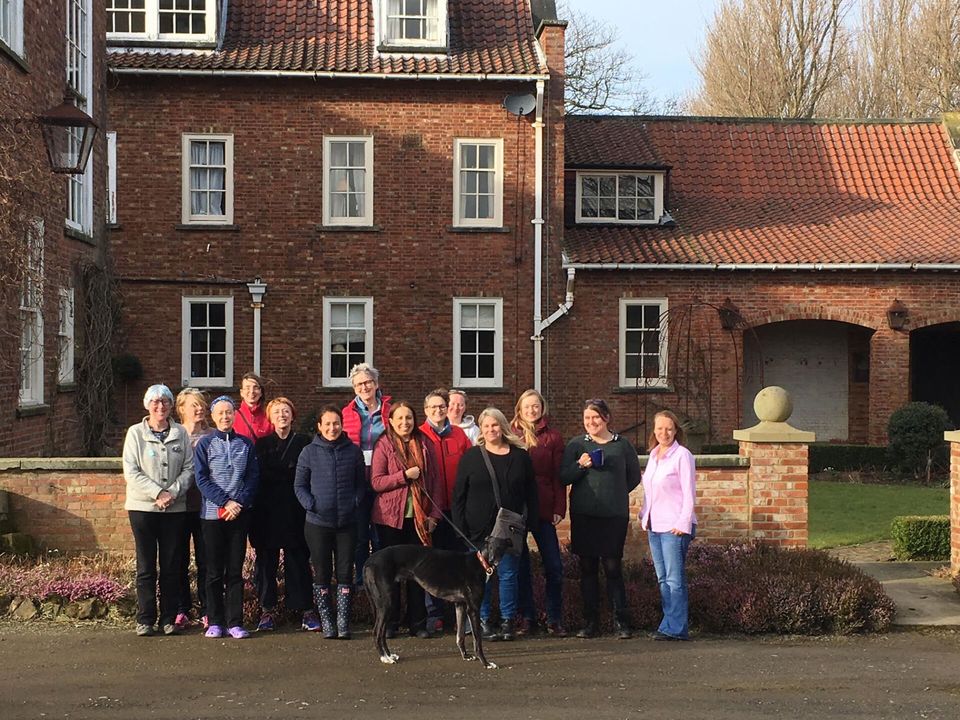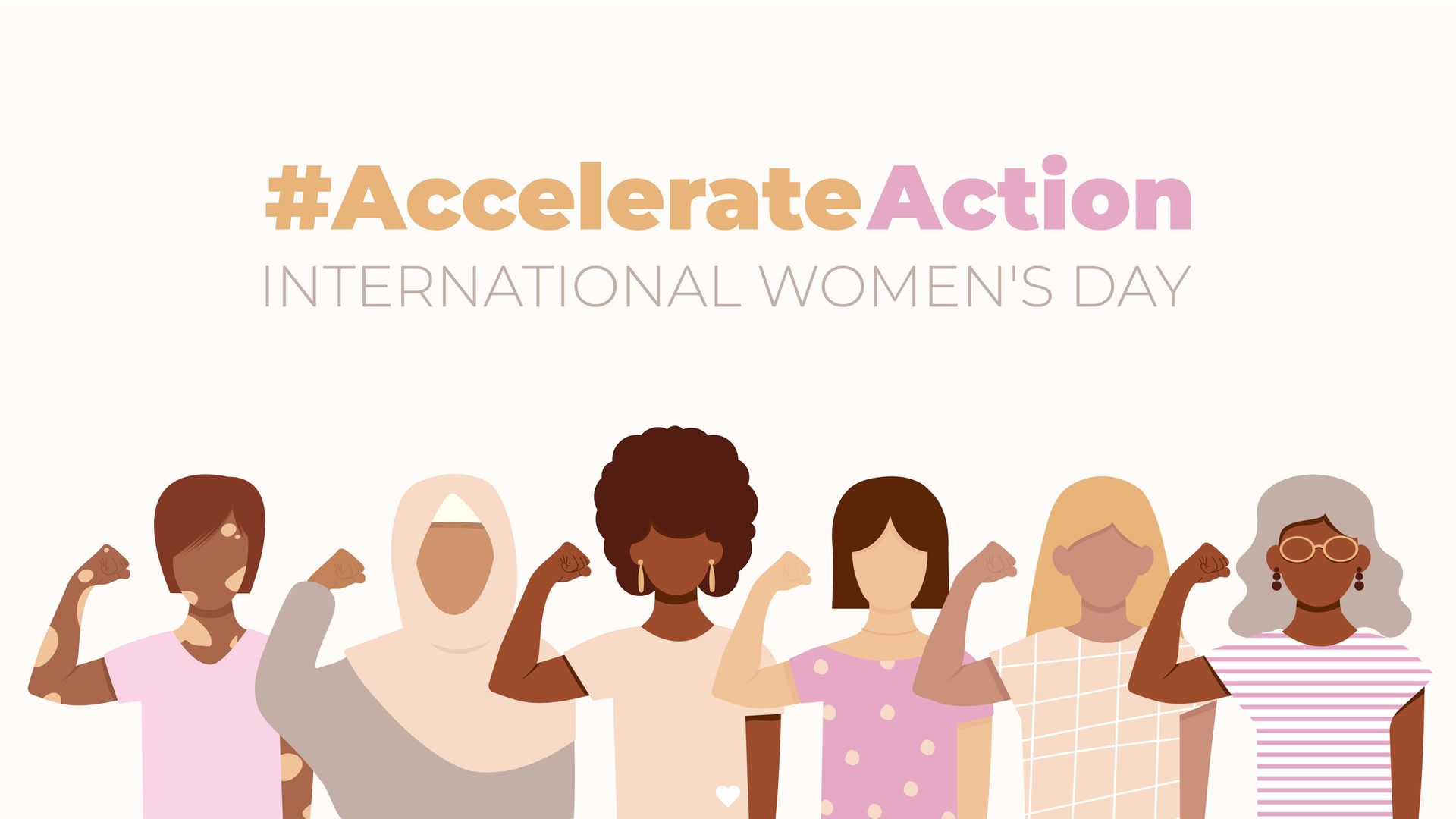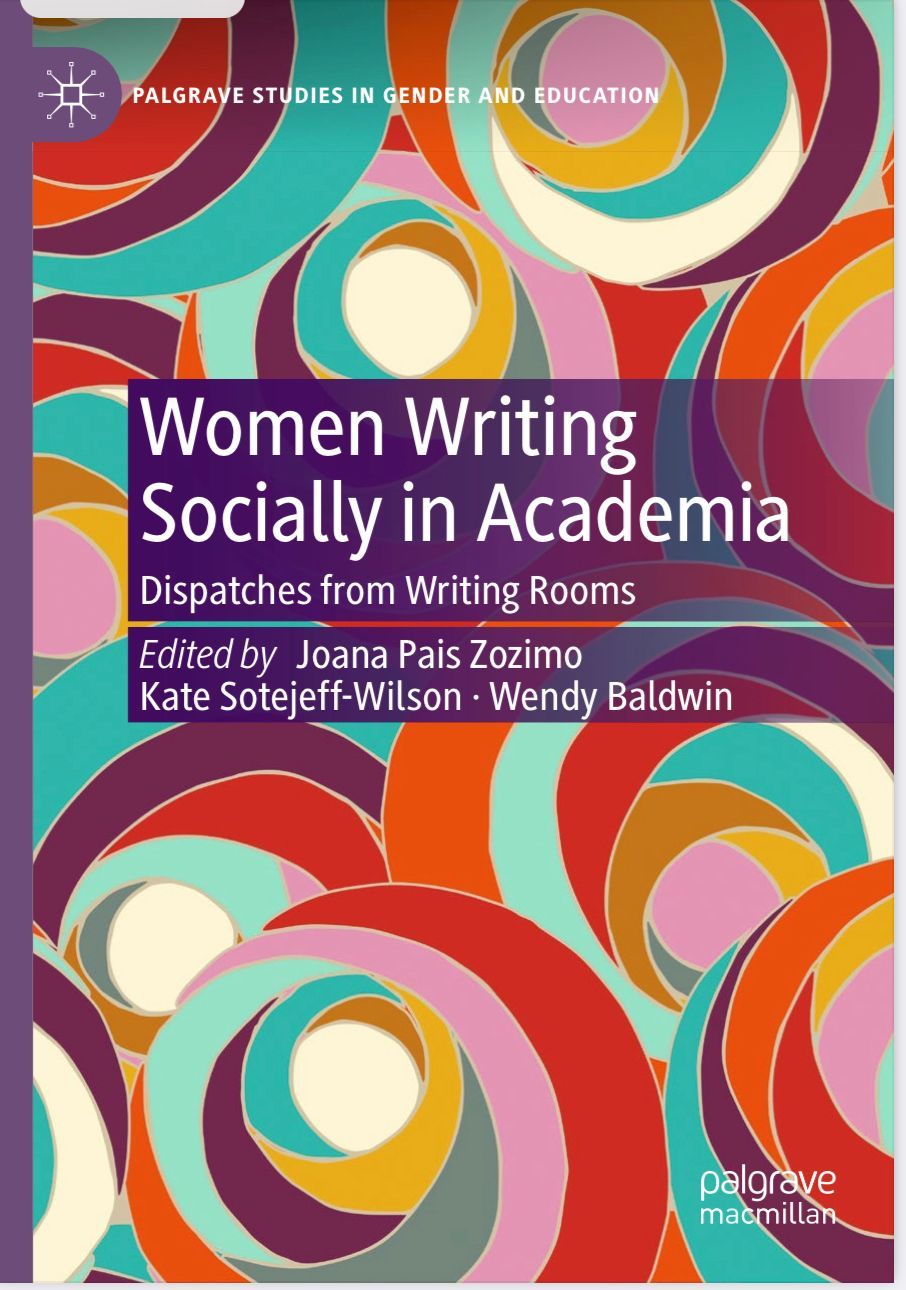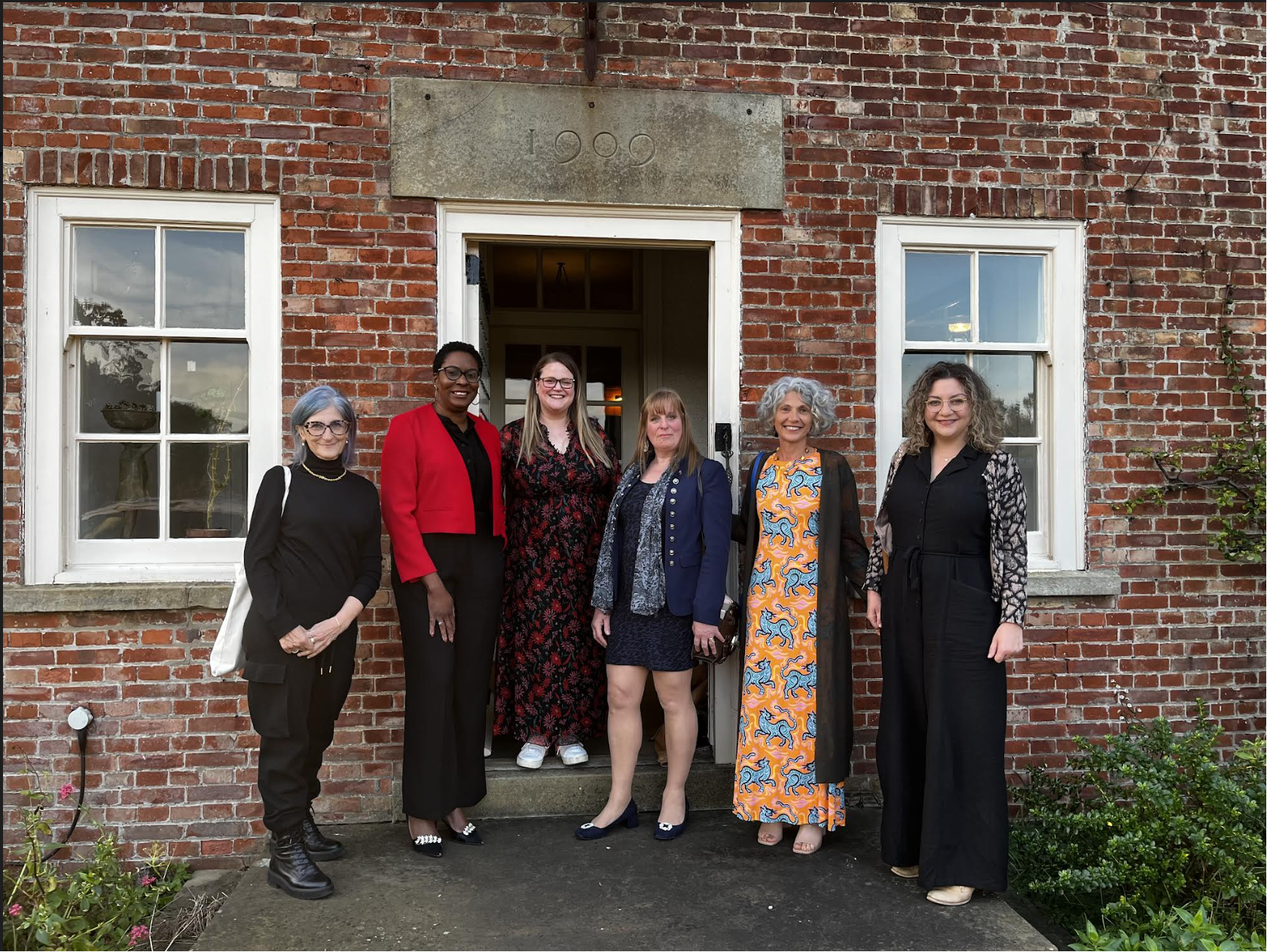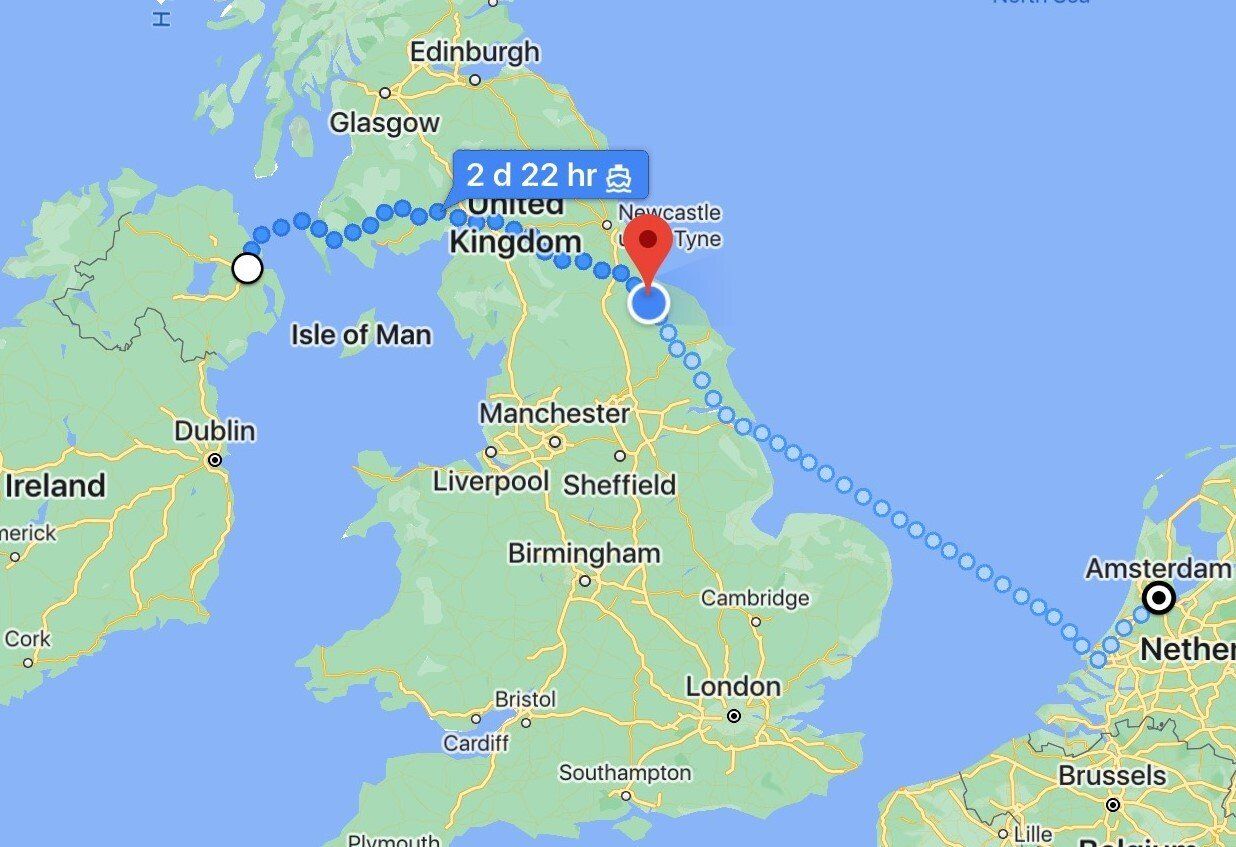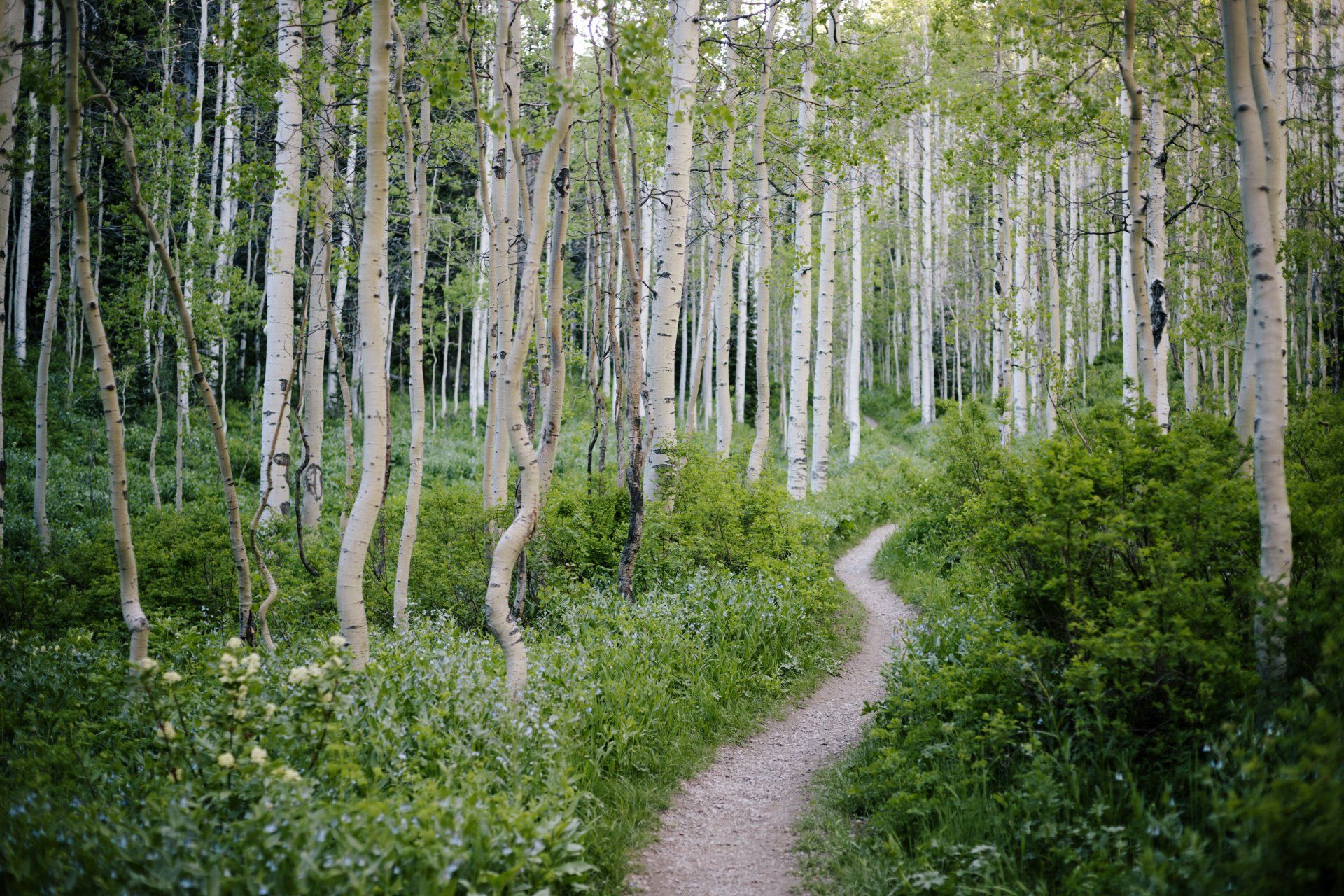I was delighted to be asked by Dr Kate Carruthers Thomas, Senior Research Fellow at Birmingham City University and AtheNA SWAN Project manager at Birmingham City University to take part to the BCU xChange2021 monthly Festival marking International Women’s Day. https://libguides.bcu.ac.uk/c.php?g=661270

The packed schedule covered an array of very topical issues, including, on the 8th of March Dr Mandy French (HELS) and guest speaker Sukhwinder Salh (Aston University) discussing some of the barriers women researchers and academics face in academia. As Thursday afternoon was dedicated to exploring ‘the significance and experience of online writing communities for female academics, especially during the pandemic’, I was especially keen to join Dr Kate Caruther Thomas in the discussion.
Looking back on the last four years, running and facilitating residential writing retreats at Chapelgarth, and then switching to virtual writing retreats, I felt there was some room for reflection. The landscape of female writing communities has grown considerably and has adopted new forms, with technology playing a big part in this shift, following the Covid19 crisis.
My thoughts went back a few years, to Newton and Murray’s seminal article, ‘Writing retreat as structured intervention: mainstream or margin?’ (2009), https://www.tandfonline.com/doi/abs/10.1080/07294360903154126
when the authors argued the potential of writing retreats vis a vis the growing importance of ‘measurable’ levels of outputs, and therefore 'productivity' in academia. With the focus firmly on the departmental rewards of staff ‘productivity’ the authors wanted to make a claim for moving writing retreats from the ‘margins’ of academia and placing them firmly within the ‘mainstream’ of academic practice. Evidence showed that the number of words written within writing communities of practice notably exceeded those that academics might have produced if working in isolation. The case study was based on the demonstrable enhanced levels of productivity which had been observed in all-women writing retreats,
The argument was cogent in itself – particularly when made in the context of increasing weight being given to the number of RAE/REF submissions. The authors claimed that given the measurable value (in number of words produced) that writing retreats ostensibly had, a case could be made for departments - angling to score highly in the context of research assessments – to finance the attendance of academic writing retreats on behalf of their staff. This was 2009 and writing retreats were admittedly unequivocally at the margins of academic practice. They were slowly beginning to gather some following in academic circles in Australia, but not so for the UK.
The particular type of academic writing retreats that the article argued for was the structured retreat with a trained facilitator leading the group through goal-setting, timetable, accountability etc. Everybody was in the same ‘writing room’, with the ‘writing pool’ model leading the way.
Having trained as a writing facilitator and having largely adopted the model promoted by Murray I developed my own voice and style as a facilitator, particularly having found that Chapelgarth Writing Retreats offered the perfect container to develop the restorative element of the breaks – which are intrinsically connected with the concept of a writing retreat.
I introduced mindful walks in our woods, yoga sessions, llama stroking as well as forest bathing and field bathing… all these activities were thought out with wellbeing in mind.
The socialising element was often the most energising part of the day – the fact that the academics around the table were from different disciplines and institutions opened up insightful conversation with often the opportunity for cross-fertilisation.
Another aspect which enhanced cross-disciplinary conversations was the introduction of our public engagement opportunities, which gave a platform to diverse women to articulate their research questions and findings in an accessible manners to our local community.
As Chapelgarth Writing Retreats got more and more established we were able to offer regular residential writing retreats to small groups of women as well as writing retreats open to groups from Doctoral Training partnerships and other groups which were institutionally funded.
One might have felt that, very slowly writing retreats were creeping from the ‘margins’ into the ‘mainstream of academic practice, when in March 2020, the world came to a standstill..
I was quick to realise that women in academia were suffering the worst effects from isolation from peers and/or the excessive burden from caregiving duties and domestic responsibilities and I therefore set up a series of regular all-women writing retreats from April, which ran, on and off through the three UK lockdowns. In the meantime other groups were set up, women found ‘writing buddies’ and took to meeting up online for short writing spurts. The Zoom revolution took writing retreats by a storm.
In the last few months I have been delivering virtual writing retreats to groups of PhD students from a number of UK universities: the attendees are overwhelming female, but not all of them are. The pandemic has shifted the ground for everyone and the toll of isolation is being felt widely. As universities have been forced to move teaching online, virtual writing retreats seemed to have carved a space in this new level playing field. So, the question is: have writing retreats migrated from the ‘margins’ to ‘mainstream’ thanks to the online revolution?
We are all yet to see how university teaching platform will evolve once the pandemic emergency is over. Whether a ‘blended’ form or teaching and indeed ‘retreating’ will emerge and survive the test of time is still to be seen.
There is a claim, I would like to make, however, for the benefit of returning to residential writing retreats, and indeed drawing them too out of the ‘marginal’. The enormous benefits to
mental health that derive from an in-person writing retreat, the conviviality and the many opportunities of connecting with nature and mindful activities will be all the more important to all, academic women especially, once we are allowed to venture out again

